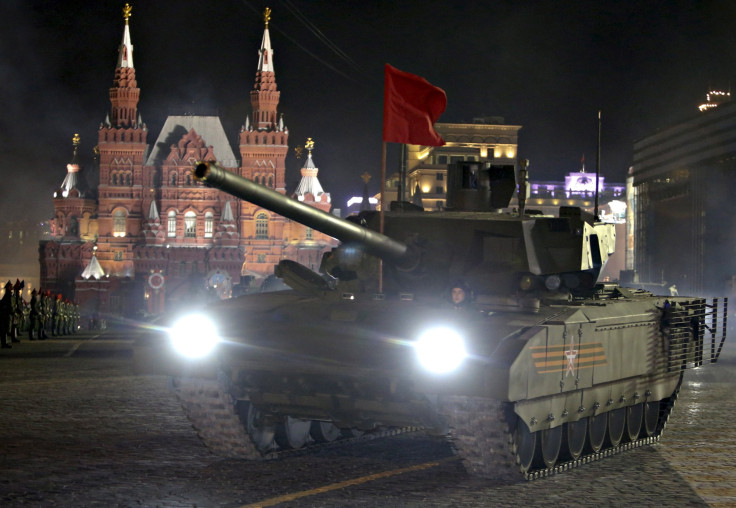Russia Updates National Security Strategy To Respond To ‘New Emerging Military Threats’

Russia’s Security Council announced it has updated its national security and information security doctrines through 2020, a move that brings the two into line with Russia's recently updated military doctrine. The updates are partly in response to “the developments of the Arab Spring, in Syria and Iraq, [and] the situation in and around Ukraine,” Security Council Secretary Nikolay Patrushev said. Petrushev penned an article explaining the changes to be published in Wednesday’s edition of Kraznaya Zvezda, the Ministry of Defense’s official newspaper.
Russia’s current National Security Doctrine was signed into law in 2009 by then-President Dmitry Medvedev. Relations between Russia and its European neighbors have since deteriorated to their lowest point since the days of the Cold War, largely because of the conflict in Ukraine between a pro-West government and pro-Russian separatists who seek to break off a region in the country’s east. Both NATO and Russia have beefed up their presence along Russia’s western border. Last year, NATO revamped its rapid reaction force to counter what it called Russian aggression in Eastern Europe. Russia called the force, which is designed for a full deployment within 48 hours, a provocation. Patrushev specifically mentioned NATO’s build up in Eastern Europe as a catalyst for the decision to amend its doctrines.
“The United States and NATO are growing more and more aggressive [with] respect [to] Russia. They are building up their offensive potential in the direct proximity [of] our borders and are actively deploying a global missile defense system,” said Patrushev, according to ITAR-Tass, a government-run news agency.
The updates go hand in hand with updates to the country's military doctrine that Putin signed into law in late December, which also cited “NATO’s military buildup” as a key driver for the changes. Russia set aside a record $81 billion for its 2015 defense budget, or 4.2 percent of GDP. Russia plans to follow that with two years of military expenditure upwards of 3.5 percent of GDP.
The Information Security Doctrine was signed into law by Putin in 2000, shortly after he became president of Russia. Upon announcing changes in early April, the Security Council said the new doctrine will prioritize “strengthening state guarantees of privacy, improving the competitiveness of Russian products,” and improving hardware and software to beef up national information security infrastructure.
© Copyright IBTimes 2024. All rights reserved.





















